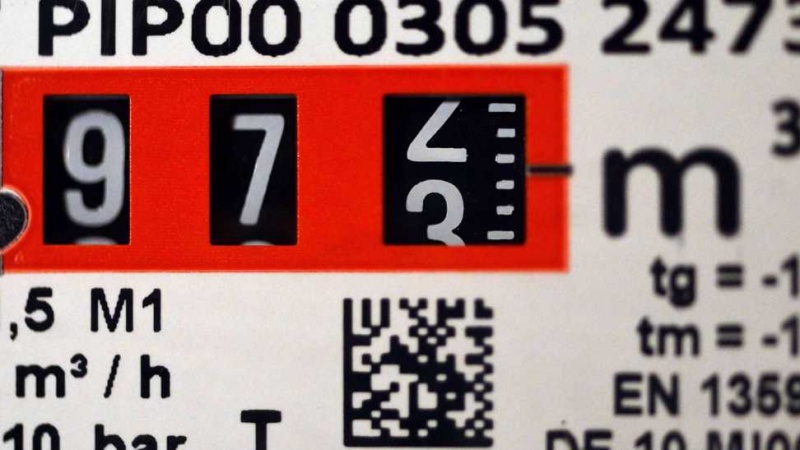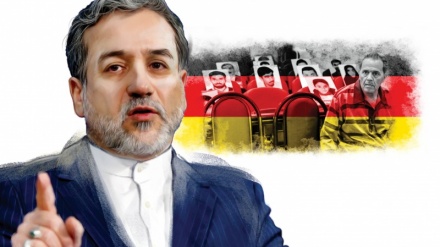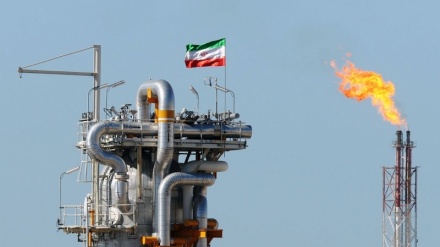Germany's inflation hits 70-year high amid warnings of deep recession
Germany’s annual inflation rate has hit a 70-year high amid warnings that energy shortages could do further damage.
According to official statistics published on Thursday, consumer prices in Germany rose 10.9 percent in the year to September.
Preliminary data released by government statistics office Destatis showed the highest inflation reading since December 1951.
Destatis said energy prices have markedly increased and have had a considerable impact on the high rate of inflation. Energy prices rose 43.9 percent in September year-on-year.
Food prices also increased above average, posting a 18.7 percent on-year increase, Destatis said.
Other factors pushing inflation higher are supply-chain problems and significant price increases as the economic recovery got underway, Destatis said.
Experts specifically linked the increase in German commodity prices to the expiry of temporary government measures devised to protect households and businesses from the impact of higher energy prices.
Energy prices soared due to Russia’s decision to cut gas supplies to Europe after the latter imposed sanctions on Moscow over its special military operation in Ukraine.
The embargo has plunged not only Germany, but also the continent, into its worst economic crisis since World War ll ended more than seven decades ago.
Meanwhile, Germany’s top economic institutes warned the country's economy could shrink by 7.9 percent next year if there is an unusually cold winter and an introduction of gas rationing in industry.
“If we get a much colder winter gas consumption will grow significantly, which will increase the likelihood of a gas shortage,” said Torsten Schmidt of the Leibniz Institute for Economic Research. “That will have more of an impact on GDP than we’ve assumed in our forecast.”
ME



